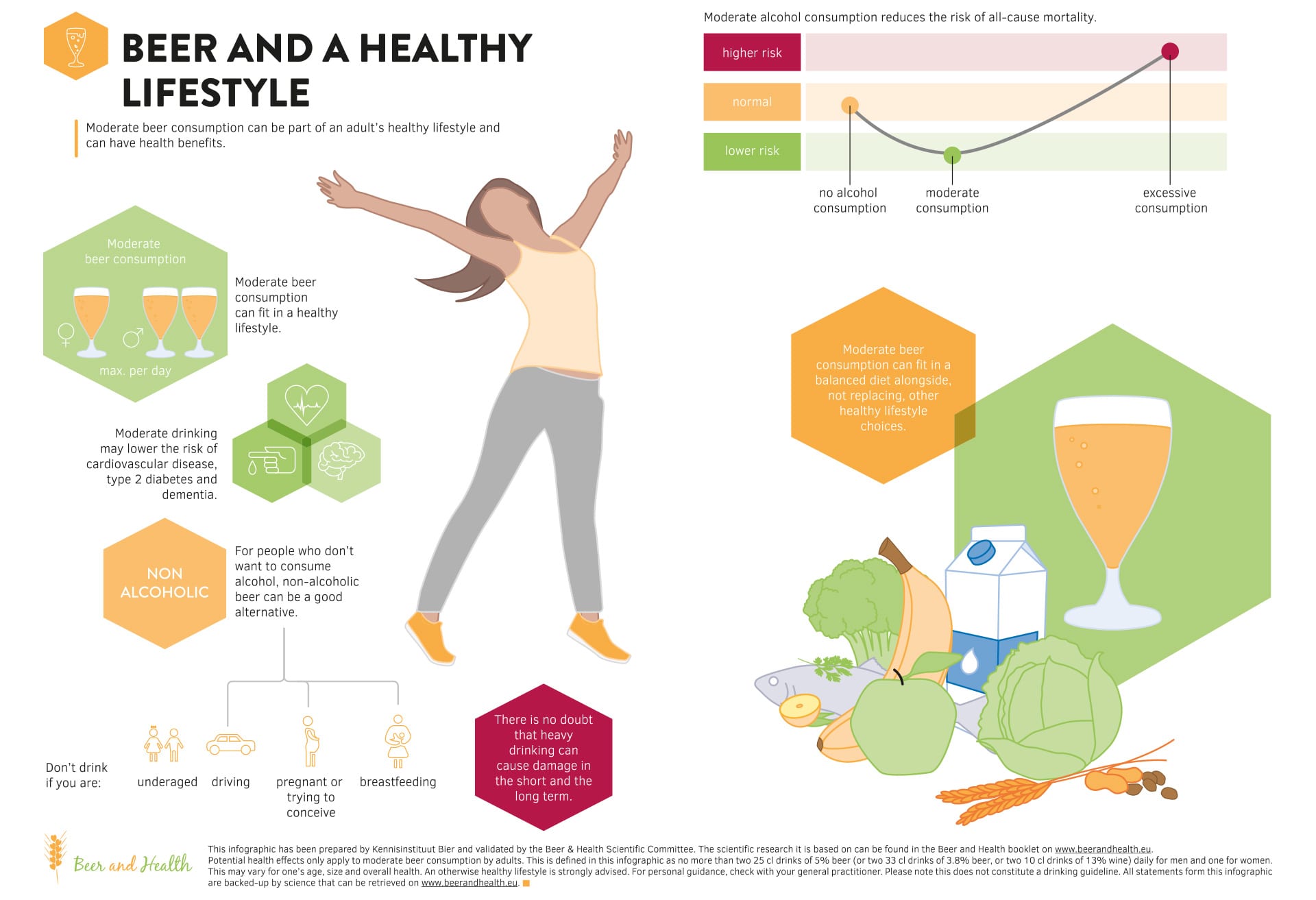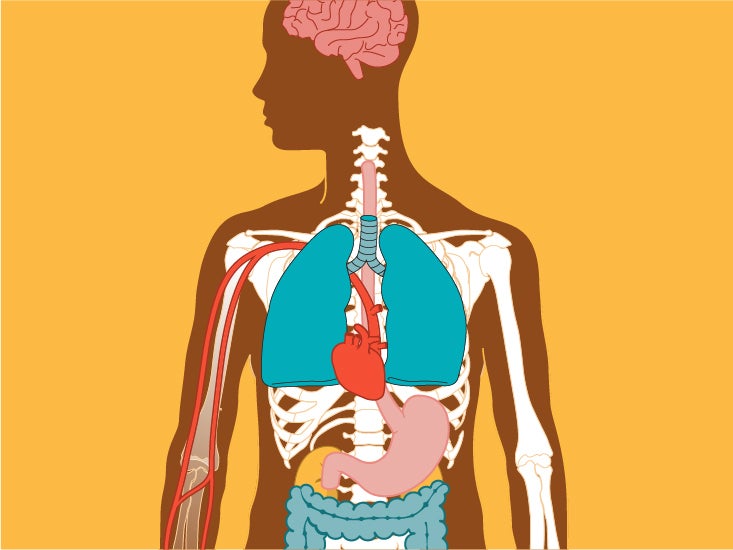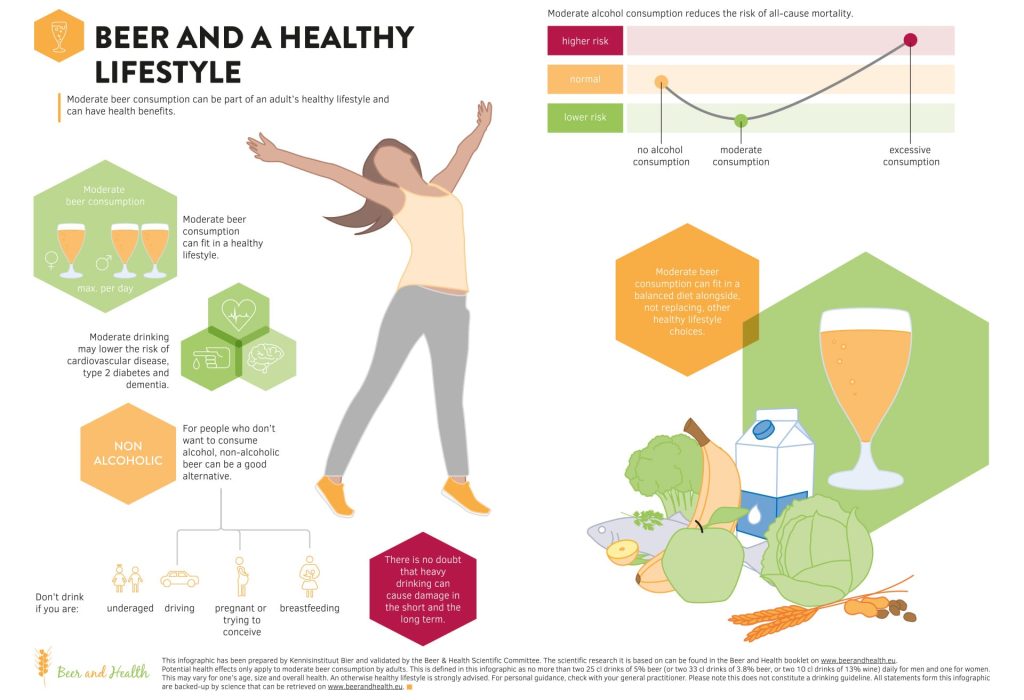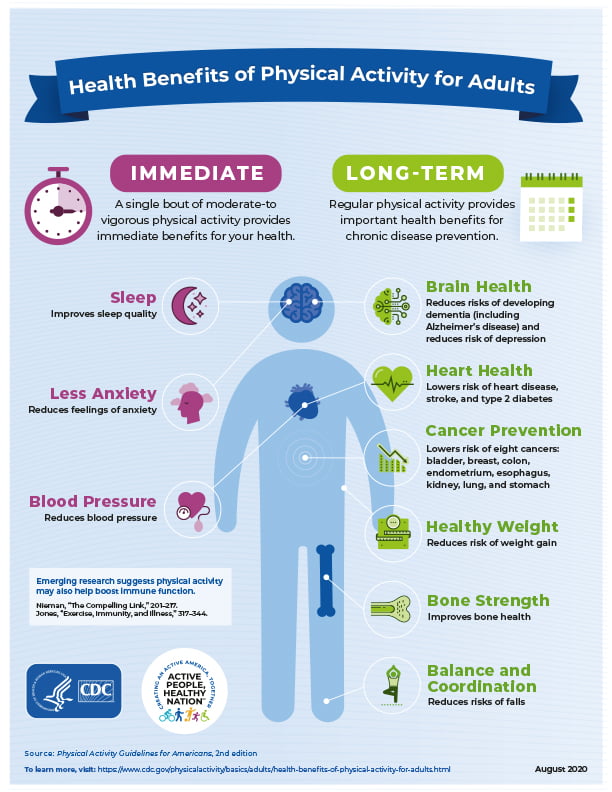Welcome, folks! Today, we’re diving into the fascinating topic of how alcohol affects healthy living. Now, before you raise your glass, it’s important to understand the impact that alcohol can have on our overall well-being. So, put on your curious hats and let’s explore the effects of alcohol on our health, shall we?
Picture this: you’re at a social gathering, surrounded by friends, and someone offers you a drink. It’s tempting, isn’t it? We’ve all heard the saying, “Everything in moderation,” but when it comes to alcohol, what does that really mean? Well, my friends, it’s time to uncover the truth behind the buzz. Alcohol, when consumed in excess, can have detrimental effects on our physical and mental health. From liver damage to increased risk of certain cancers, alcohol can wreak havoc on our precious bodies. But fear not, for knowledge is power! By understanding the potential consequences, we can make informed choices and prioritize our well-being.
So, grab a cozy seat, sip on some tea if you’d prefer, and let’s embark on this journey together. We’ll explore the effects of alcohol on our bodies, the relationship between alcohol and mental health, and some tips on how to maintain a healthy balance. Whether you’re a seasoned drinker or just curious about the topic, this article is here to provide you with valuable insights and empower you to make mindful decisions. Let’s raise a glass to knowledge and embark on this enlightening

How Does Alcohol Affect Healthy Living?
Alcohol consumption can have a significant impact on our overall health and well-being. While moderate drinking may not cause immediate harm, excessive or long-term alcohol use can lead to various health problems and negatively affect our healthy living habits. In this article, we will explore the ways in which alcohol can impact our physical and mental health, as well as provide insights into how to maintain a balanced lifestyle while enjoying the occasional drink.
The Effects of Alcohol on Physical Health
Alcohol, when consumed in excess, can have detrimental effects on our physical health. One of the most noticeable impacts is on the liver. Excessive alcohol consumption can lead to liver diseases such as fatty liver, alcoholic hepatitis, and cirrhosis. These conditions can severely impair the liver’s ability to function properly and can even be life-threatening. Additionally, alcohol can weaken the immune system, making us more susceptible to infections and diseases.
Another area where alcohol can affect our physical health is through its impact on our cardiovascular system. Prolonged heavy drinking can lead to high blood pressure, irregular heartbeats, and an increased risk of heart disease. Alcohol can also contribute to weight gain as it is high in calories and can stimulate our appetite, leading to overeating. This can result in obesity and related health issues such as diabetes and joint problems.
Alcohol and Mental Well-being
Alcohol not only affects our physical health but also has a significant impact on our mental well-being. While some may turn to alcohol as a means of relaxation or coping with stress, it can actually exacerbate mental health issues. Alcohol is a depressant, and excessive consumption can lead to feelings of sadness, anxiety, and even depression. It can also disrupt sleep patterns, leading to fatigue and irritability.
Moreover, alcohol can impair our cognitive functions, including memory, attention, and decision-making abilities. This can have negative consequences on our daily lives, affecting our work performance, relationships, and overall quality of life. It is important to recognize the potential risks alcohol poses to our mental health and seek healthier alternatives to cope with stress and manage our emotions.
The Importance of Moderation and Healthy Choices
In order to maintain a healthy lifestyle while still enjoying the occasional drink, it is crucial to practice moderation and make informed choices. Moderation means limiting alcohol consumption to recommended levels, which is up to one drink per day for women and up to two drinks per day for men. It is also important to recognize the size of a standard drink, as it can vary depending on the type of alcohol.
Furthermore, choosing healthier options when it comes to alcoholic beverages can make a difference. Opting for lower-alcohol alternatives or diluting drinks with sparkling water can help reduce overall alcohol intake. It is also essential to stay hydrated and consume alcohol alongside food to slow down its absorption into the bloodstream.
Benefits of Reducing Alcohol Consumption
Reducing alcohol consumption can have numerous benefits for our overall health and well-being. By cutting back on alcohol, we can improve liver function, lower blood pressure, and reduce the risk of developing liver diseases and cardiovascular conditions. It can also lead to better sleep patterns, improved mental clarity, and enhanced mood.
In addition to the physical benefits, reducing alcohol consumption can also have positive effects on our relationships and social interactions. We may find ourselves more present and engaged in social settings, improving our connections with others. It can also free up time and resources for other activities that contribute to our overall well-being, such as exercise, hobbies, and self-care practices.
Conclusion
While alcohol can be enjoyed in moderation, it is important to be aware of its potential negative effects on our physical and mental health. By practicing moderation, making informed choices, and being mindful of our alcohol consumption, we can maintain a healthy lifestyle while still indulging in the occasional drink. Prioritizing our overall well-being and making conscious decisions about alcohol can lead to a healthier and more balanced life.
Key Takeaways: How Does Alcohol Affect Healthy Living?
- Alcohol can negatively impact your physical health, causing liver damage, weight gain, and weakened immune system.
- Drinking alcohol can affect your mental health, leading to depression, anxiety, and poor decision-making.
- Alcohol can disrupt your sleep patterns, leaving you feeling tired and groggy the next day.
- Excessive alcohol consumption increases the risk of accidents, injuries, and alcohol poisoning.
- It’s important to drink alcohol in moderation and be aware of its potential negative effects on your overall health and well-being.
Frequently Asked Questions
How does alcohol affect healthy living?
Alcohol can have both short-term and long-term effects on healthy living. In the short-term, alcohol can impair judgment, coordination, and reaction time, increasing the risk of accidents and injuries. It can also lead to dehydration and disrupt sleep patterns, leaving you feeling tired and less productive the next day.
In the long-term, excessive alcohol consumption can have serious health consequences. It can damage the liver, leading to conditions such as fatty liver disease, alcoholic hepatitis, and cirrhosis. Alcohol abuse is also associated with an increased risk of certain types of cancer, including liver, breast, and mouth cancer. Additionally, alcohol contributes to weight gain and can negatively impact mental health, increasing the risk of depression and anxiety.
What are the effects of alcohol on the body?
Alcohol affects various systems in the body, including the central nervous system, liver, and cardiovascular system. When consumed, alcohol is quickly absorbed into the bloodstream and travels to the brain, where it depresses the central nervous system. This can lead to impaired judgment, coordination, and concentration.
In the liver, alcohol is metabolized into acetaldehyde, a toxic substance that can damage liver cells and cause inflammation. Over time, this can lead to liver diseases such as fatty liver, alcoholic hepatitis, and cirrhosis. Alcohol also affects the cardiovascular system, increasing blood pressure and the risk of heart disease.
Does alcohol affect weight and metabolism?
Yes, alcohol can affect weight and metabolism. Alcoholic beverages are often high in calories, and excessive alcohol consumption can contribute to weight gain. Alcohol is also processed differently in the body compared to other nutrients. When consumed, the body prioritizes metabolizing alcohol over other sources of energy, which can slow down the metabolism of fats and carbohydrates.
Furthermore, alcohol can stimulate appetite and lead to overeating, especially of high-calorie foods. This combination of increased calorie intake and decreased metabolic efficiency can contribute to weight gain and make it more difficult to maintain a healthy weight.
Can alcohol affect mental health?
Yes, alcohol can have a significant impact on mental health. While some people may temporarily feel more relaxed or less inhibited after consuming alcohol, excessive and prolonged alcohol use can lead to mental health problems such as depression and anxiety.
Alcohol is a depressant that affects the brain’s neurotransmitters, including serotonin and dopamine, which are involved in mood regulation. Regular heavy drinking can disrupt the balance of these neurotransmitters, leading to symptoms of depression and anxiety. Additionally, alcohol can interfere with sleep patterns, further exacerbating feelings of low mood and anxiety.
What are the long-term health risks of alcohol consumption?
Long-term alcohol consumption can pose several health risks. One of the most serious is liver damage, which can progress from fatty liver disease to alcoholic hepatitis and eventually cirrhosis. These conditions can lead to liver failure and other life-threatening complications.
Alcohol abuse is also associated with an increased risk of several types of cancer, including liver, breast, mouth, and esophageal cancer. Chronic heavy drinking can weaken the immune system, making individuals more susceptible to infections and diseases. It can also contribute to the development of cardiovascular problems such as high blood pressure, heart disease, and stroke.

What Alcohol Does to Your Body, Brain & Health | Huberman Lab Podcast #86
Final Summary: Alcohol and Its Impact on Healthy Living
After delving into the effects of alcohol on healthy living, it is clear that moderation is key. While it may be tempting to indulge in a few drinks to unwind or celebrate, it’s important to understand the potential consequences. Excessive alcohol consumption can have detrimental effects on various aspects of our health, including physical, mental, and emotional well-being.
Physically, alcohol can take a toll on our bodies. From liver damage and weakened immune systems to increased risk of certain cancers and heart conditions, the negative impact is significant. Mental health can also be affected, as alcohol is a depressant that can exacerbate symptoms of anxiety and depression. Additionally, alcohol impairs cognitive function and decision-making abilities, leading to potential accidents and risky behavior.
While the occasional drink may not be cause for concern, it is essential to be aware of the potential risks and make informed choices. Prioritizing a balanced and healthy lifestyle means finding alternatives to excessive alcohol consumption, such as engaging in physical activity, practicing stress-reducing techniques, and seeking support when needed. By taking control of our choices and being mindful of the impact alcohol can have, we can strive for a healthier and happier life.





